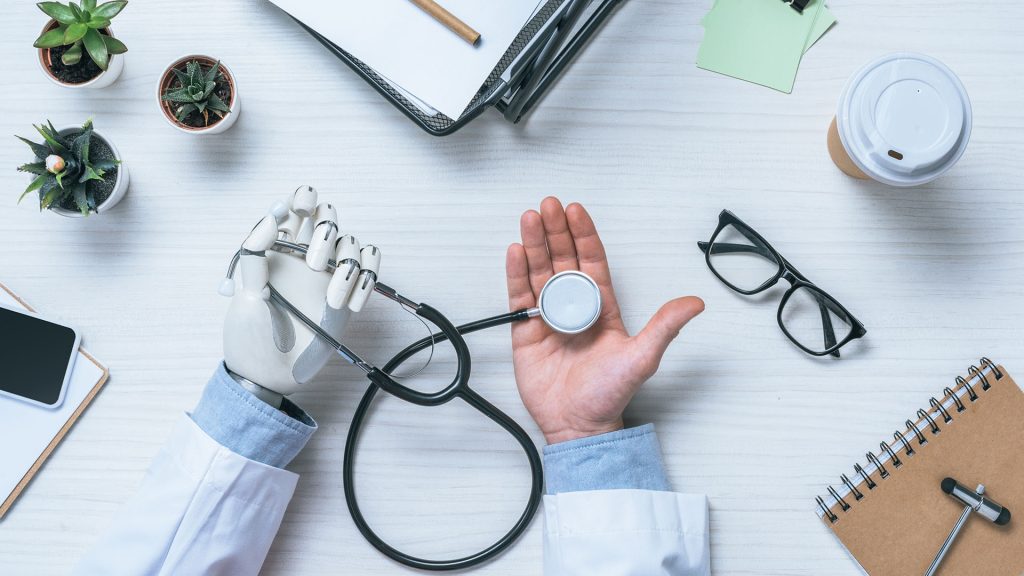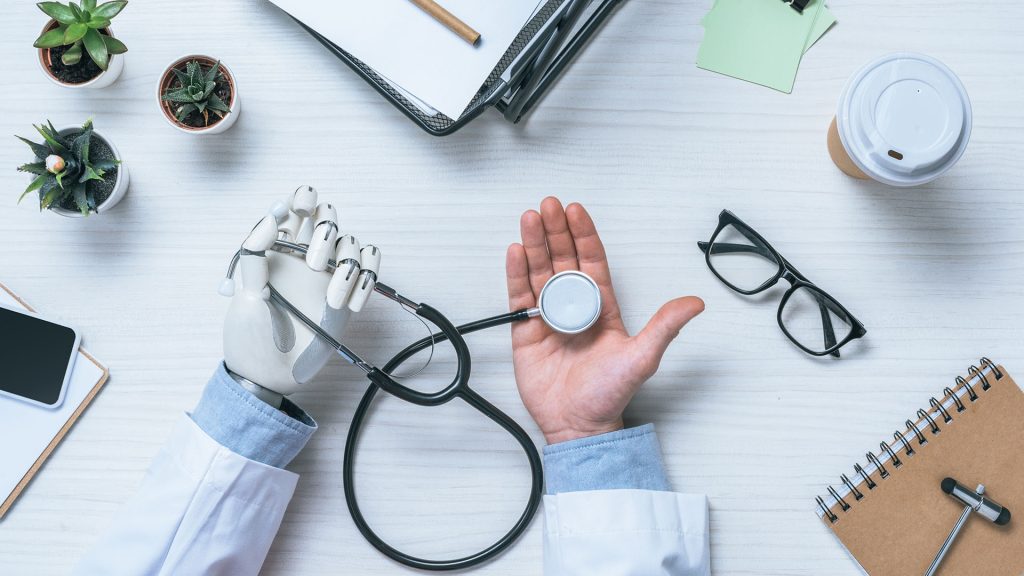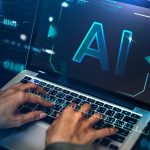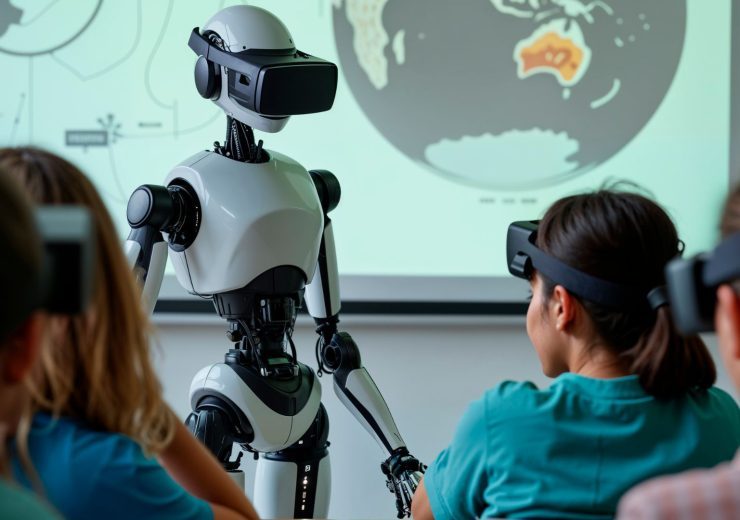Revolutionizing Healthcare: AI’s Role in Early Disease Detection


Introduction:
As technology continues to advance at an unprecedented rate, the realm of healthcare stands poised for a transformative shift. One of the most promising developments on the horizon is the integration of artificial intelligence (AI) into medical diagnosis and treatment. In the not-too-distant future, AI could revolutionize healthcare by assisting doctors in diagnosing diseases like cancer at earlier stages, leading to improved patient outcomes and potentially saving countless lives. Join us as we explore the potential impact of AI in early disease detection and its implications for the future of healthcare.
The Power of AI in Disease Diagnosis:
Imagine a future where AI algorithms work tirelessly alongside medical professionals, analyzing vast amounts of patient data to identify subtle patterns and indicators of disease. With access to comprehensive patient histories, genetic information, and real-time monitoring data, AI has the potential to detect diseases at their earliest stages, long before symptoms manifest or traditional diagnostic methods would detect them. In particular, AI’s ability to analyze medical imaging, such as MRIs and CT scans, with unparalleled speed and accuracy holds immense promise for early cancer detection.
Improving Patient Outcomes:
The ability to diagnose diseases like cancer at earlier stages can have a profound impact on patient outcomes. Early detection often means more treatment options are available, and interventions can be initiated when the disease is still localized and more responsive to treatment. This can lead to higher survival rates, reduced treatment-related side effects, and improved quality of life for patients. Additionally, by identifying high-risk individuals for preventive measures or screening programs, AI-driven early detection strategies have the potential to reduce healthcare costs and alleviate strain on healthcare systems.
Challenges and Considerations:
While the potential benefits of AI in early disease detection are clear, there are also challenges and considerations that must be addressed. Chief among these are concerns regarding data privacy, security, and the ethical use of AI in healthcare. Ensuring the reliability, accuracy, and transparency of AI algorithms is paramount to building trust among patients and healthcare providers. Additionally, integrating AI into clinical practice requires careful training and collaboration between AI experts, healthcare professionals, and regulatory bodies to ensure safe and effective implementation.
Looking Ahead:
As we look to the future, the integration of AI into healthcare holds tremendous promise for improving patient outcomes and advancing medical science. By harnessing the power of AI to assist doctors in diagnosing diseases at earlier stages, we can usher in a new era of personalized medicine, preventive care, and precision healthcare. While there are challenges to overcome, the potential benefits for patients and society are immense, making the pursuit of AI-driven early disease detection a worthy endeavor.
Conclusion:
In the not-too-distant future, AI could revolutionize healthcare by assisting doctors in diagnosing diseases like cancer at earlier stages, leading to improved patient outcomes and potentially saving countless lives. By harnessing the power of AI to analyze vast amounts of patient data and identify subtle patterns indicative of disease, we can unlock new possibilities for personalized medicine, preventive care, and precision healthcare. As we stand on the brink of this transformative shift, the future of healthcare looks brighter than ever before. #HealthTech #AI #FutureOfHealthcare



